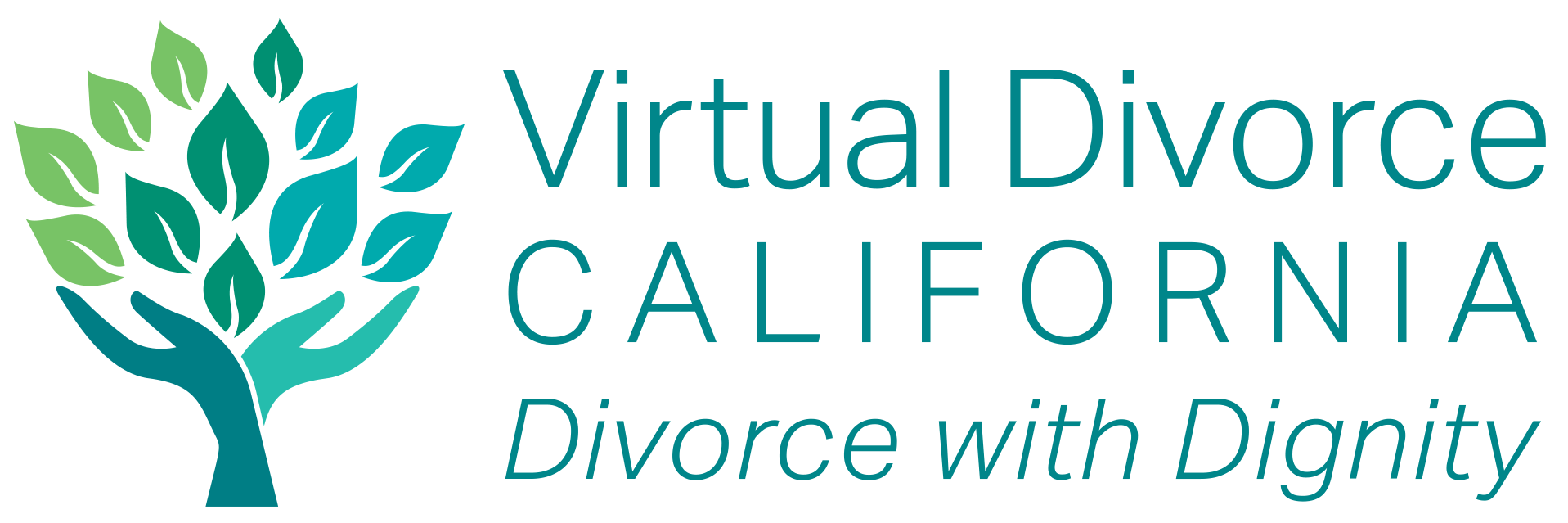
Severe negative effects on children from high-conflict, toxic levels of stress between parents during and after a divorce are well researched and documented. Just some of these serious negative effects on children include:
- Failure to thrive, growth delays, sleep disturbances & developmental delays;
- Increased risk of viral infections, pneumonia, asthma & compromised, immune-system-related diseases;
- Learning & behavioral challenges;
- Somatic complaints such as stomach aches & headaches;
- Increased high-risk behaviors;Teen pregnancies & paternity;
- Mental health disorders, such as PTSD, depression, anxiety & substance abuse;Chronic pain, diabetes, stroke, cardiovascular disease, pulmonary disease & cancer; and,
- In cases when children have significant additional stressors, shorter life expectancies of up to 19 years.
Divorcing parents don’t need to be “best buds.” To prioritize their children’s healthy development, co-parents do need to:
- Learn to model and communicate respectfully and civilly (even when they don’t feel like it!);
- Buffer their children from parental conflict and refrain from pulling them into blame/negative judgments about the other parent;
- Share important child-related information, such as school events or parent-teacher meetings;
- Create stability and consistency across households to ensure security and safety;
- Maintain a united front on key parenting issues, so children can’t play parents off against each other to the children’s detriment.
Parents aren’t expected to be perfect – they are going to have different parenting styles, different rules in each household, different values, etc. Neither parent can (or “should”!) realistically micromanage the other’s parenting without creating more conflict and stress for children in the long run. Keep the children front and center by prioritizing their wellbeing over resisting a sense that you are somehow “accommodating” or “giving in” to the other parent.
Parents are expected to demonstrate an investment in their children’s wellbeing. Effective parents/co-parents prioritize their children’s wellbeing by empowering and preparing their children to effectively engage and “deal” with life’s challenges in age-appropriate ways, rather than simply “protecting” them “against” such challenges (or people). Children who are confident, compassionate and can demonstrate effective age-appropriate judgment are children who have rehearsed and prepared to protest respectfully, and who can set effective, respectful limits with parents and peers alike. It’s incumbent on co-parents to come together to ensure children are capable in these and additional ways. Effective co-parenting therapy ensures parents sustain respectful, engaged communication despite whatever may or may not be occurring or did occur in their litigated, mediated or collaborative divorces.
For example, one child’s mother was clearly negligent about ensuring her 9-year old child received critical medication while in her care. While the father’s distress about this was understandable, he realized that getting lawyers and DCFS involved (with accusations of child neglect/endangerment) would only stress the child further. Instead, Dad helped his child set timers on the child’s phone so the child could take the needed medication on his own. I referred to a child therapist with a divorce specialty who helped empower this child to respectfully manage and circumvent Mom’s severe behavioral challenges as well, thus eliminating the frequent previous physical power struggles between Mom and the child. The child learned to value and assimilate Mom’s strengths, while circumnavigating her shortcomings. As Mom refused parenting/co-parenting work, I worked with Dad alone on parenting/co-parenting to eliminate their child’s exposure to ongoing tension with Mom, and to ensure this child was equipped to handle self-care chores, while also contributing to each household in age-appropriate ways. Regular consultation with the divorce-child specialist ensured I addressed Dad’s parenting/co-parenting challenges from the child’s viewpoint as well.
Working with clinicians who are divorce specialists is critically important when such issues arise during and after divorce. “Regular” therapists are not trained to assess the unique dynamics that often occur for children in a divorce – and they don’t know what they don’t know. Such clinicians can inadvertently make the unique divorce-related family dynamics significantly worse – especially when there are “parent contact problems” and children are refusing to see one parent. When the court orders “conjoint therapy” this does not mean “regular” family therapy! Instead, court-ordered “conjoint therapy” requires specialists who can assess, treat or rule out “resist-refuse dynamics” and related factors.
Children know that half their DNA comes from the other parent. When you or others in the child’s community badmouth the other parent, the child unconsciously “registers” that you are rejecting that part of the child. Children need to be free to love and be loved by both their parents – warts and all. None of us gets “perfect parents” – and it’s our task to learn to accept who they are, and who they are not, while aiming to build off their strengths, and to avoid mimicking or being thwarted by their short-comings. Your children do not have the same experience of your co-parent that you do. Understanding that distinction is key to your growth and theirs. As co-parents, together, for better or worse, you are the context in which your children will or won’t develop in healthy ways.
Ria Severance, LMFT offers EFT couples therapy, decision counseling, parenting/co-parenting therapy, divorce-related conjoint therapy, and serves as a collaborative divorce coach & child specialist, as well as a parenting plan mediator. For more information please see VirtualDivorceCa.com and attend one of their no-cost Divorce Options® webinars. The process you choose for your divorce is the single most important decision you will make together. For handouts on Gatekeeping & Healthy Family Dynamics, please email Ria@RiaSeverance.com or go to the “No-Cost Resources” page on the VirtualDivorceCa.com website.

Pingback: Effective Co-Parenting: Building Respectful Bridges, Not Adversarial Walls - Ria Severance - South Pasadena, LA area Psychotherapist